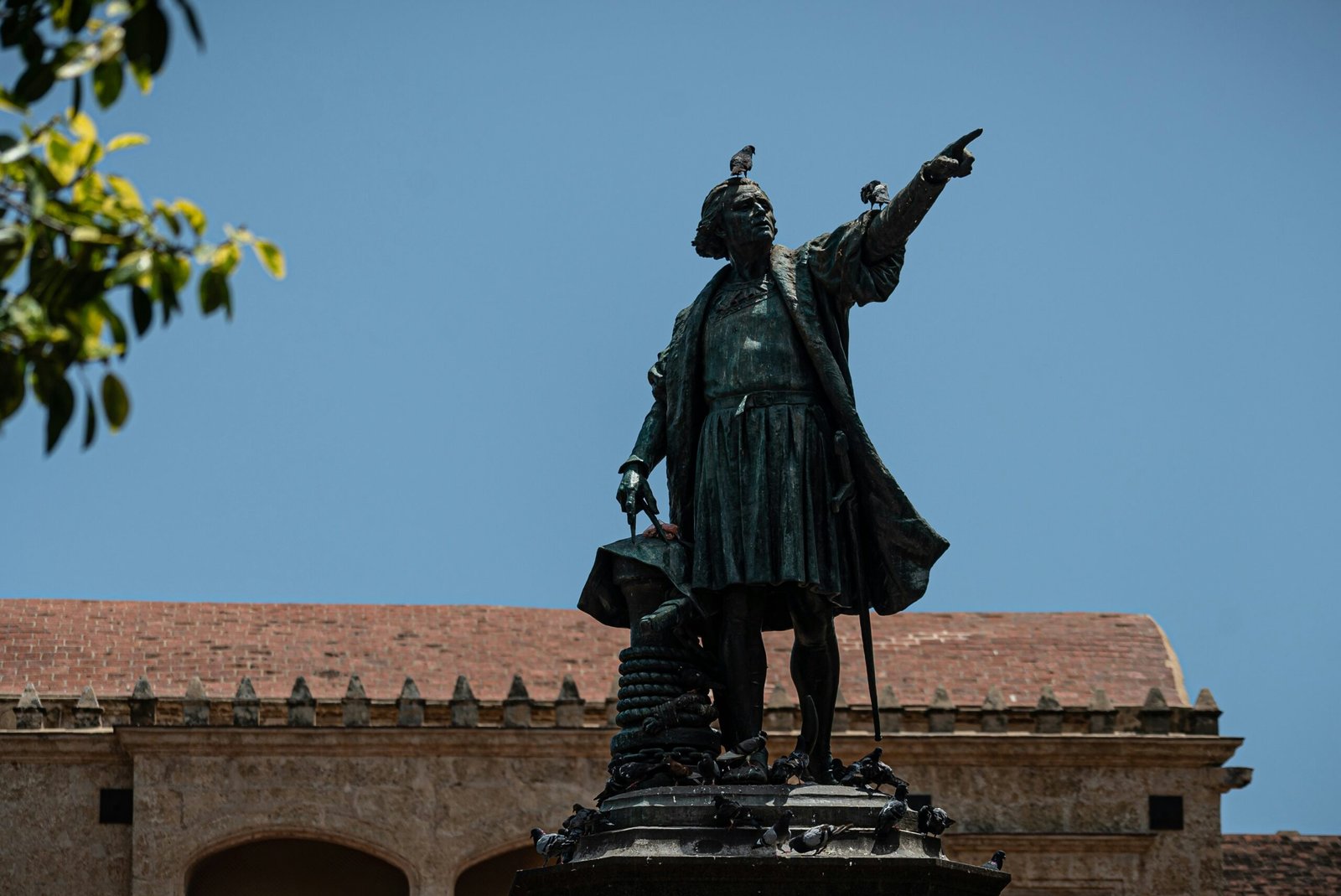The discovery of America is widely attributed to Christopher Columbus, an Italian explorer who set sail in 1492 under the sponsorship of the Spanish monarchy. Columbus was on a quest to find a westward route to Asia, but instead, he stumbled upon the Caribbean islands of the Americas. This accidental encounter would have far-reaching consequences, opening the way for European exploration, colonization, and the eventual establishment of colonies in the American continents.
Christopher Columbus: The Italian Explorer
Christopher Columbus was born in Genoa, Italy, in 1451. From a young age, he showed a keen interest in maritime exploration and navigation. Columbus believed that by sailing west, he could reach Asia and its rich treasures more quickly than the existing eastward routes. However, convincing the ruling monarchs of Europe to sponsor his ambitious expedition proved to be a challenge.
The Sponsorship of the Spanish Monarchy
Columbus approached several European monarchs with his proposal, but it was the Spanish monarchy, King Ferdinand II of Aragon and Queen Isabella I of Castile, who eventually agreed to support his voyage. In 1492, Columbus set sail with three ships – the Santa Maria, the Pinta, and the Niña – from the Spanish port of Palos de la Frontera.
The Accidental Discovery
After weeks at sea, Columbus and his crew finally sighted land on October 12, 1492. They had arrived in what is now known as the Bahamas, although Columbus believed he had reached the outskirts of Asia. Over the course of several subsequent voyages, Columbus explored various Caribbean islands, including Cuba and Hispaniola (present-day Haiti and the Dominican Republic).
The Impact of Columbus’s Voyages
Columbus’s voyages had a profound impact on world history. His accidental discovery opened the way for European powers to explore and colonize the Americas. This period of exploration, known as the Age of Discovery, led to the establishment of numerous European colonies in the New World.
The European colonization of the Americas brought significant changes to the indigenous populations, as well as to the social, economic, and political landscape of the continent. It also facilitated the exchange of goods, ideas, and cultures between the Old World and the New World.
Controversies and Criticisms
While Columbus is often celebrated for his role in the discovery of America, his legacy is not without controversy. The arrival of Europeans in the Americas led to the displacement and mistreatment of indigenous peoples, as well as the introduction of diseases that decimated native populations.
Furthermore, Columbus’s voyages were not the first to reach the Americas. Norse explorer Leif Erikson is believed to have reached North America around the year 1000, nearly five centuries before Columbus’s arrival. Additionally, there is ongoing debate about whether Columbus should be celebrated as a hero or condemned for the negative consequences of European colonization.
Conclusion
The discovery of America by Christopher Columbus in 1492 marked the beginning of a new era in world history. His accidental encounter with the Caribbean islands opened the way for European exploration, colonization, and the establishment of colonies in the American continents. While Columbus’s legacy is complex and subject to debate, there is no denying the profound impact his voyages had on the course of human history.
